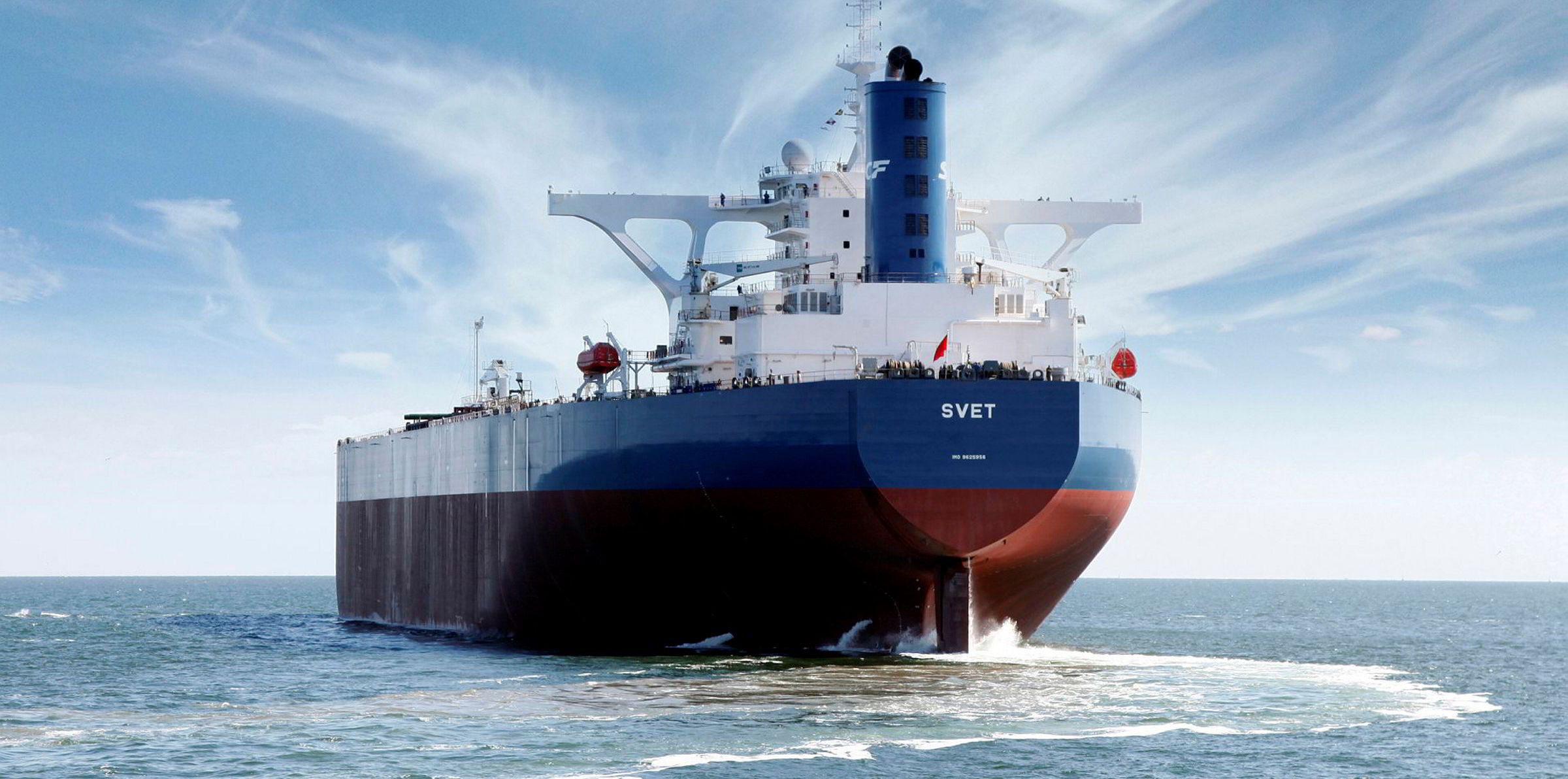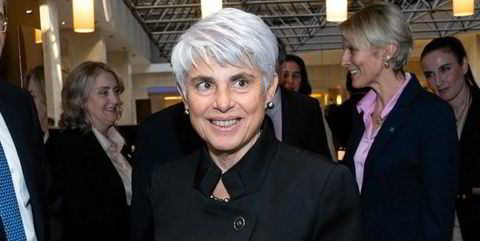Dry bulk owners are approaching ship financiers about how to cope with the difficult market conditions caused by coronavirus — and warning signs are emerging for liner operators and possibly tankers too.
A webinar hosted by Maritime London and law firm Watson Farley & Williams highlighted the plight of the dry market, in which all vessel sizes trading spot are operating below cash break-even, driving some owners to call on their banks.
Watson Farley & Williams partner and head for Greece George Paleokrassas said his country’s heavy exposure to small and medium-size bulker owners meant lenders had already “seen traction from their customers” requesting help.
However, this was mainly from companies seeking loan deferrals rather than covenant waivers.
Many of the approaches were being seen where alternative or non-traditional financing had been taken out, as the pricing of deals meant any long-standing drop in revenues would have a bigger impact on companies to service their debts.
Paleokrassas said most of the discussions were proactive, early-stage approaches, but owners were “expressing the view that they were already under great stress and that this would not change in the coming months”.
“Even a significantly large company has gone to a big international lender requesting a deferral, which was granted,” he said. But Paleokrassas stressed that, in this instance, the bank had a long-standing relationship with the owner, which has been proactive in managing previous downturns.

ING Bank global head of shipping finance Stephen Fewster reiterated his concerns that he shared with TradeWinds last week, warning that calls for a relaxation of financial terms would probably grow from the dry sector, and could be echoed by other sectors.
“At the moment, it is very informal, with owners saying: ‘We are okay today, this week and next month, but if this continues into another quarter, we can see there will be some stress in our cash flow, and that we will be beginning to breach some covenants’.”
Fewster said markets have been worse as recently as 2016, and his bank welcomes such approaches, as they allow it to find ways forward that work for both sides.
The high-volume, low-margin container business survived the first three months of 2020 reasonably well, but the second quarter is not looking so good, Fewster added.

“There is a lot more concern around liners as we move forward over the coming months ... and that will have an effect on us where we are financing those tonnage providers,” he said.
Even the tanker sector is not immune. “Right now, we are not seeing any requests for relaxation from the tanker market, and if we were, that would be very strange. It’s not to say we won’t see requests going forward.”
Some owners are looking to pay back loans early during the current tanker boom.
“We have had some pre-payments, but if they are not pre-paying, we are saying to clients, ‘Hold onto your cash’,” Fewster said. “If I am honest, I am very nervous about the tanker market as we move into the third and fourth quarters.”
So how are banks responding to such calls?
Lindsey Keeble, partner and head of Watson Farley & Williams’ global maritime sector, assets and structured finance, said the firm did not think Covid-19 should trigger material adverse effect clauses by banks to call on loans or prevent funding, as the pandemic will be, it is hoped, temporary.
But Paleokrassas added that in syndicated deals, some members have raised the question as a potential stop on drawdowns if banks are nervous about going ahead.
Changing the pricing of deals is unlikely to happen under Loan Market Association deals, but some older transactions could allow a lender to seek to recover its cost of funding, if it exceeded the underlying pricing for the deal.
New deals under negotiation are sometimes being repriced, leverage changed, or the financing amount cut, he said, but some have just gone ahead under the existing terms.
Some significant sale-and-leaseback deals are still going ahead, all three speakers said, but one long-term change to the banking scene may be that a reduction in travel leads to fewer face-to-face deals in future.
■ Cyprus has passed emergency legislation in response to the pandemic, allowing borrowers to seek a moratorium on payments to local banks until the end of 2020, George Paleokrassas said.
■ Watson Farley & Williams’ head for Greece said the only stipulations are for borrowers to be up to date with payments until the end of February, and that they submit a statement saying they are unable to continue servicing the debt because of Covid-19.
■ Borrowers are also entitled to an extension to the loan equal to the full payment deferral period, but Paleokrassas warned that making the statement could trigger a default clause in other financing covenants.








